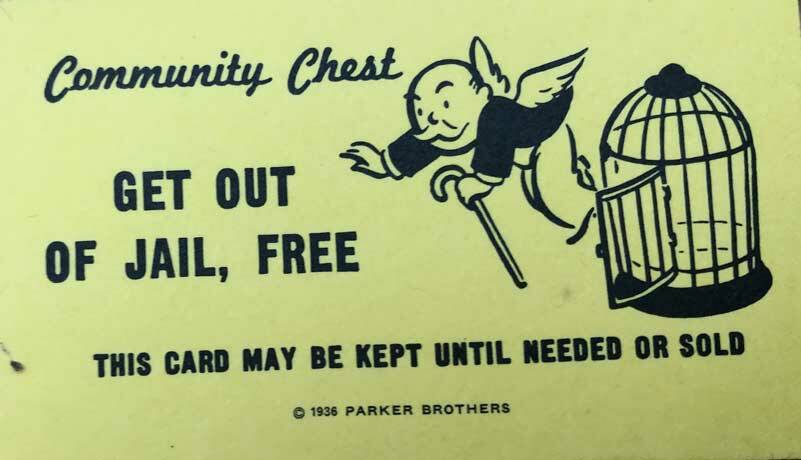By Morf Morford
Tacoma Daily Index
In times of challenge or difficulty of any kind, one reliable strategy of coping is to see how other people in other eras have made sense of their own crazy times.
The arts and literature of past times is often a conversation in process of the ever-present challenge of living.
One that come to mind lately is the well-known line from Sophocles’ play Antigone that has been echoed by many writers over the centuries: “Whom the gods would destroy they first make mad.”
In the context of Antigone what was meant is that evil appears as good – even necessary – to those whom “the gods” will lead to destruction.
The Latin version is Quos Deus vult perdere, prius dementat or Quem Iuppiter vult perdere, dementat prius.
Even if you don’t know Latin, a few words should stand out, Deus refers to God, or at least divine sources.
The word dementat, is where we get words like demented or dementia.
The word perdere refers to loss, or something being taken or abandoned.
The premise is simple enough – in times of crisis, the first human capacity to be lost is reason, common sense, and with them, basic decency.
And with the loss of those, nothing else matters or makes sense.
We Americans in the 2020s may not agree on much, but I do think we could all agree with this – that those people who disagree with us are uninformed at best, or outright evil and deceived at worst.
There is nothing more deceptive than an obvious fact. – Arthur Conan Doyle, Boscombe Valley Mystery
Few things worry me more than those “facts” that “everyone knows”.
As any Sherlock style detective or researcher knows, what “everyone knows”, what common consensus takes for granted, is rarely fully true.
Those things that “everyone knows” are merely those things most of have decided to stop thinking about. And don’t want to be bothered about any more.
The truest way to be deceived is to think oneself more knowing than others. – Francois de La Rochefoucauld
You don’t have to look far in social media or cable news or even casual conversations to encounter shrill, sometimes panicked, thoughts about what “they” (elites, liberals, secret societies or even our neighbors) are secretly doing to our food, brain waves, schools, mass media or dreams.
The truth will set us free, (John 8:32) but these crazed, paranoid fantasies are much more fun.
And few things are more difficult, even unnatural, than admitting or even acknowledging to ourselves that we have accepted false, even absurd statements.
And what simple principle has become more common, and spoken with more conviction, than the presumption that we know more than anyone else?
It’s easier to fool people than to convince them that they have been fooled. – Mark Twain
We have become so accustomed to deceit and manipulation that it is not dishonesty that shocks us, but that rare, sometimes stunning, statement with no agenda or even a hint of an ulterior motive.
The truth does not change according to our ability to stomach it. – Flannery O’Connor
For many of us, the last couple years of COVID and related social distancing, even isolation, has led us into unprecedented reflection of who we are as individuals (as in a renewed interest in genealogy and family histories) and a revived interest in, or at least awareness of community identity and the names of places and identities from schools to statues in our public spaces.
This has led to many uncomfortable conversations – and many unpopular decisions and new policies.
Removal of Confederate statues and acknowledgement of racism and slavery, in particular, in some communities has been awkward, even violent.
The “truth” about Indian boarding schools – and the hundreds, if not thousands, of children’s graves surrounding them, is a story and legacy, few, if any of us want to hear.
But who are we if we don’t hear it?
Our history is literally who we are.
The further we get from history, the further we get from any sense, or expression, of integrity – or even reality.
What we believe, and say, frames, even defines who we are.
If we can’t even be honest about our own history, what can we be honest about?
If you want to tell people the truth, make them laugh, otherwise they’ll kill you. – George Bernard Shaw
There’s a cost, after all, for uncalled-for truth-telling.
Musicians, artists and comedians, like court jesters of a few centuries ago, are known to speak truth occasionally, but even they, or maybe especially they, know that truth, to be palatable or for the career to continue, must put any truth in bite-sized pieces, often cleverly disguised as satire or parody.
Truth will not fade, and will not lose its potency until reckoned with.
The truth will set you free. But not until it is finished with you. – David Foster Wallace
Our battle against truth, basic reality, will, apparently never end.
But for better or worse, we will never win that war.
Truth will persist no matter what we do.





